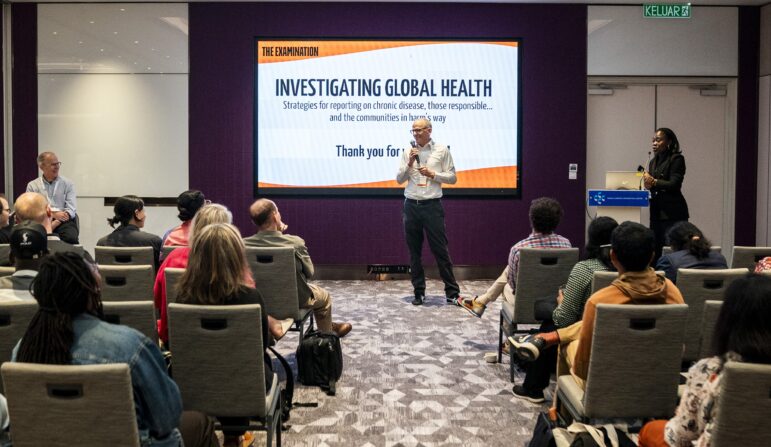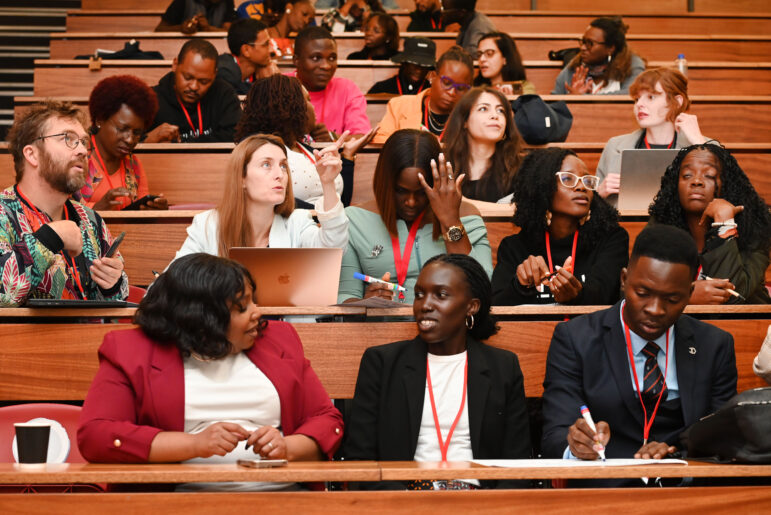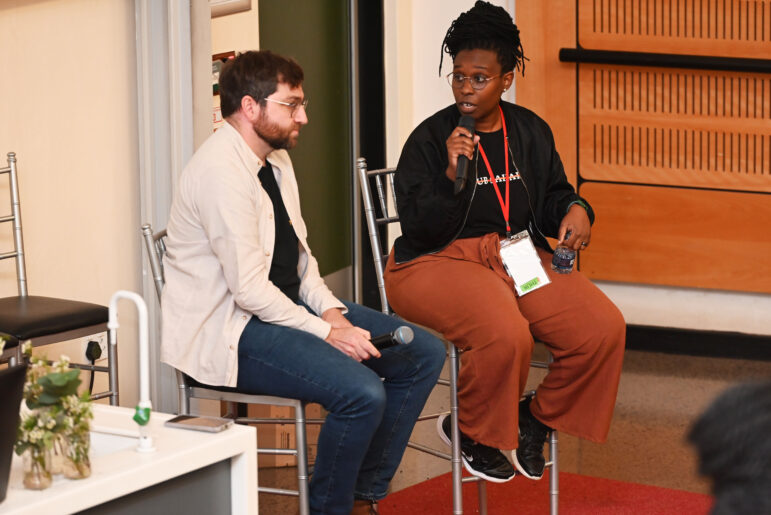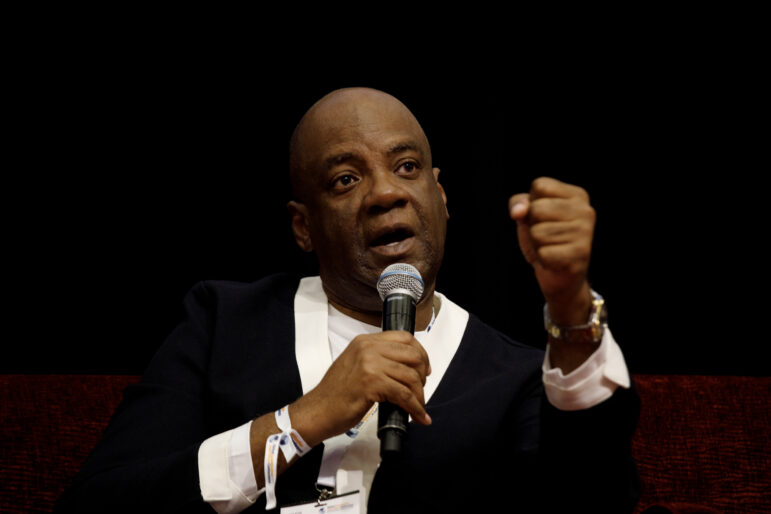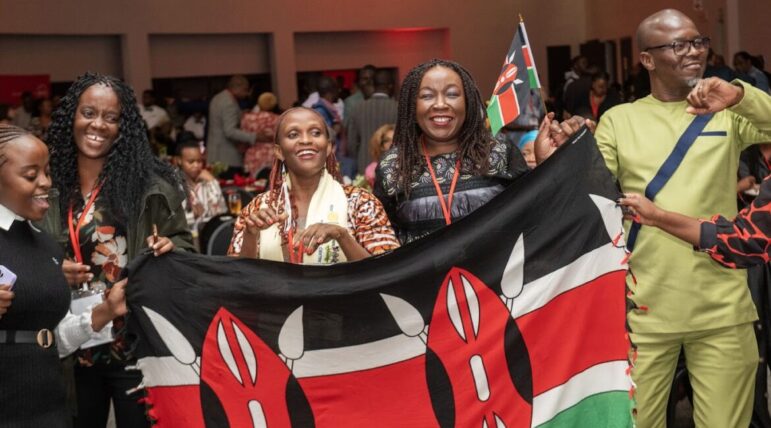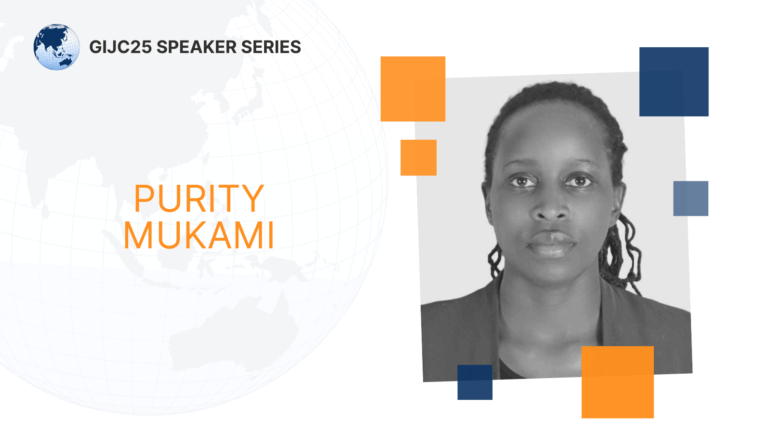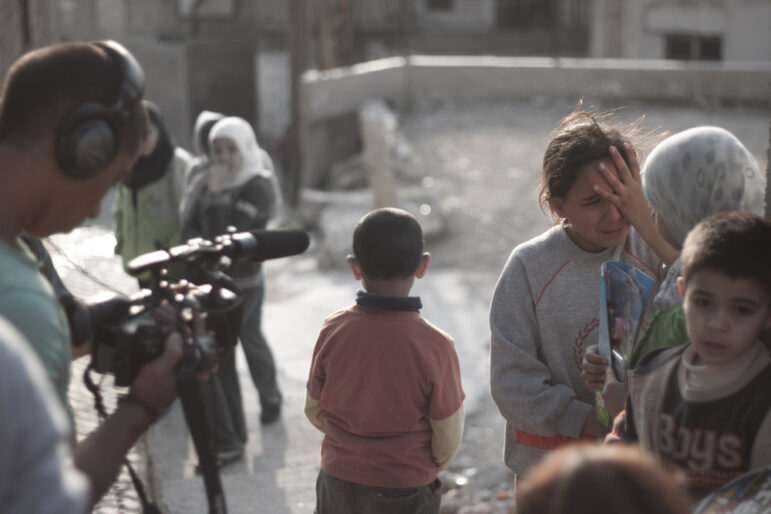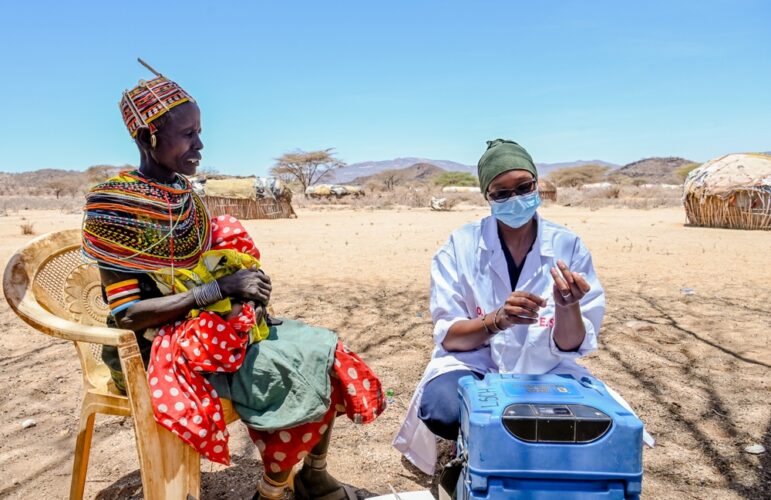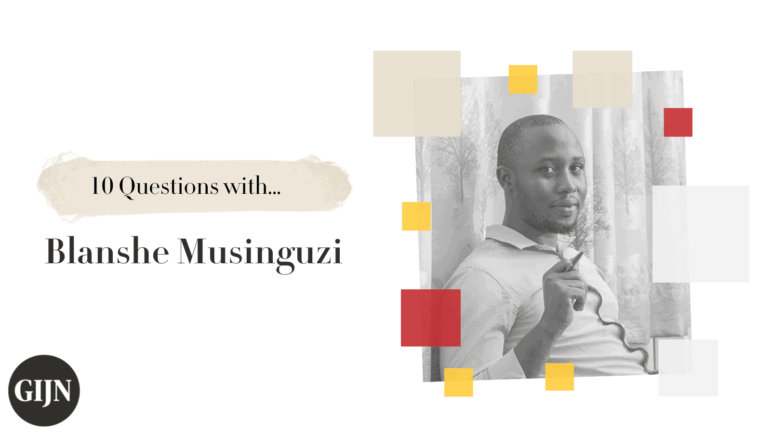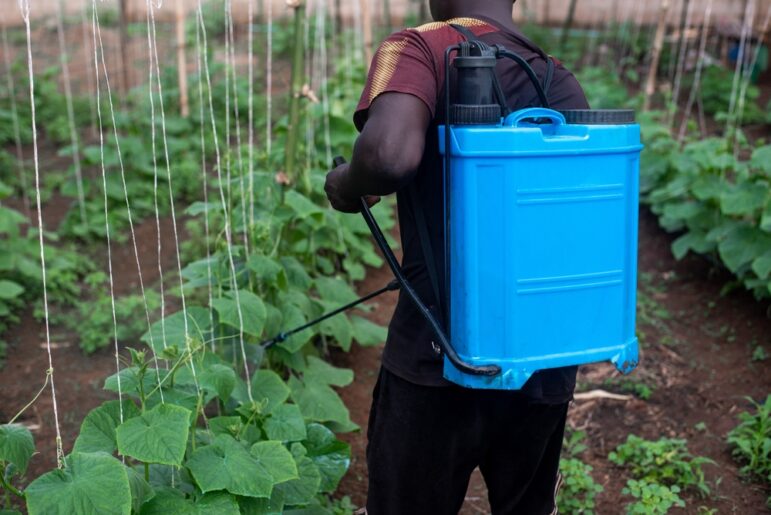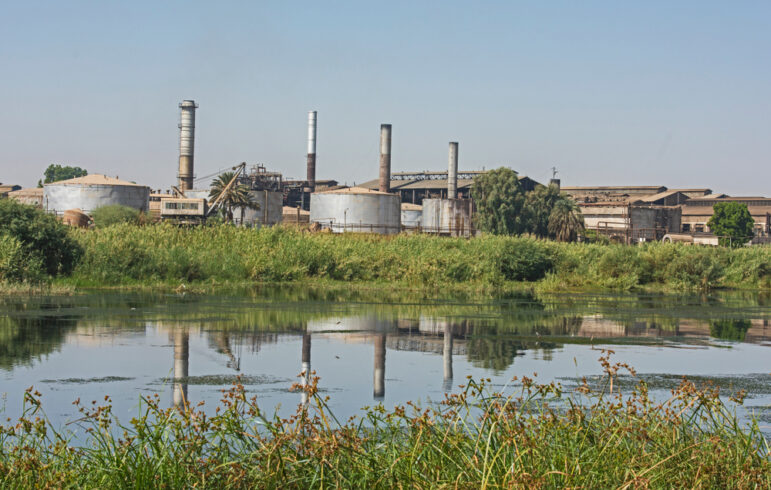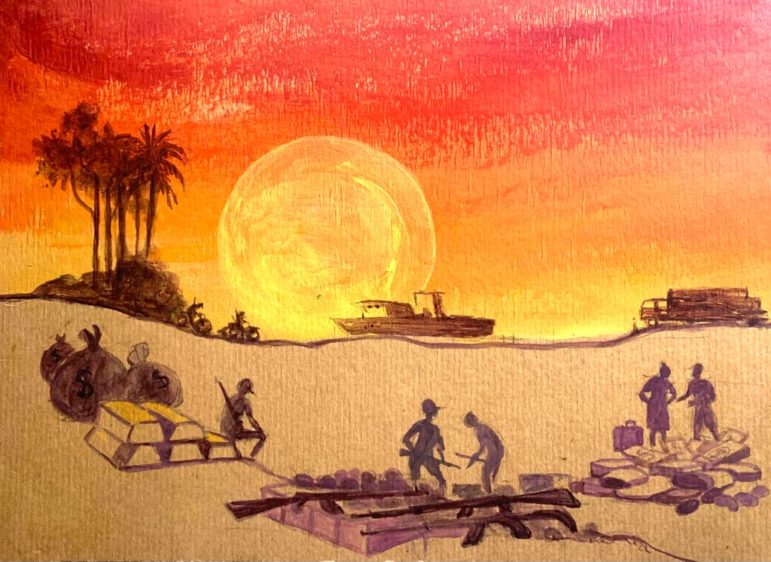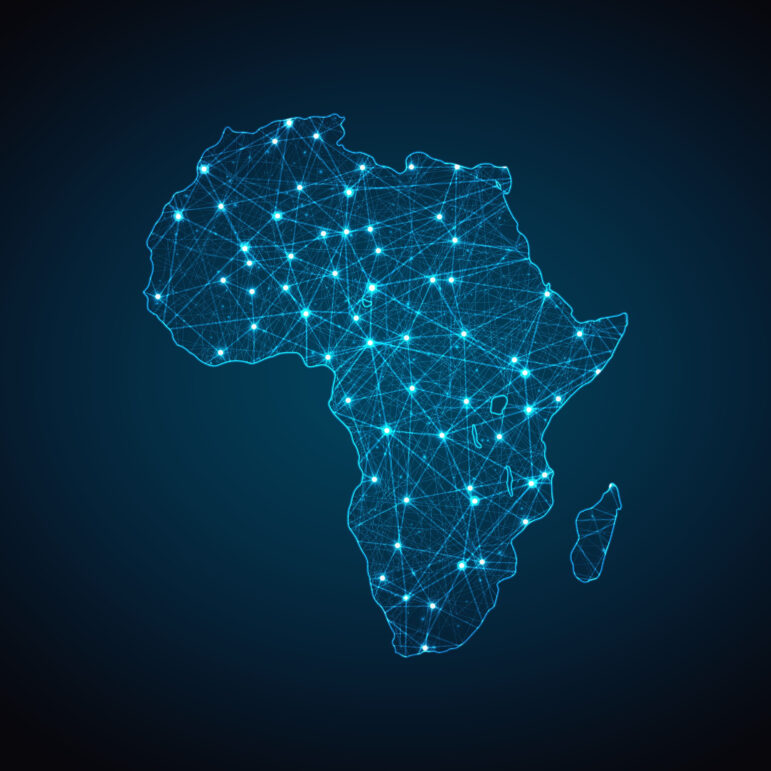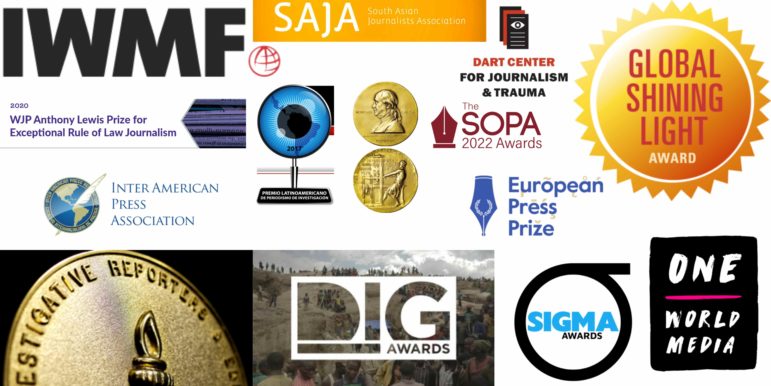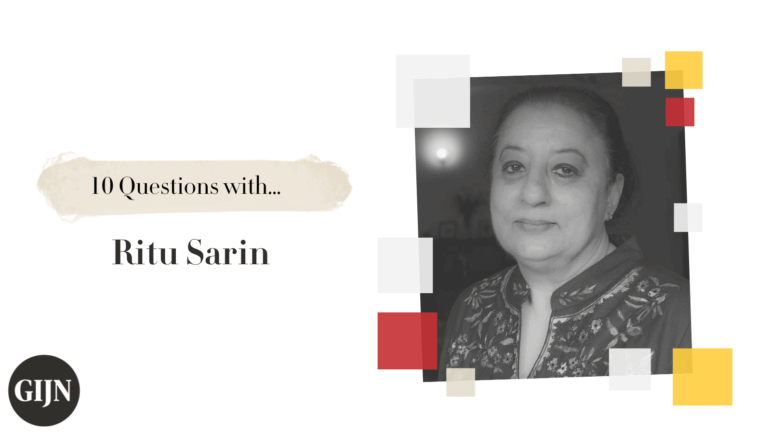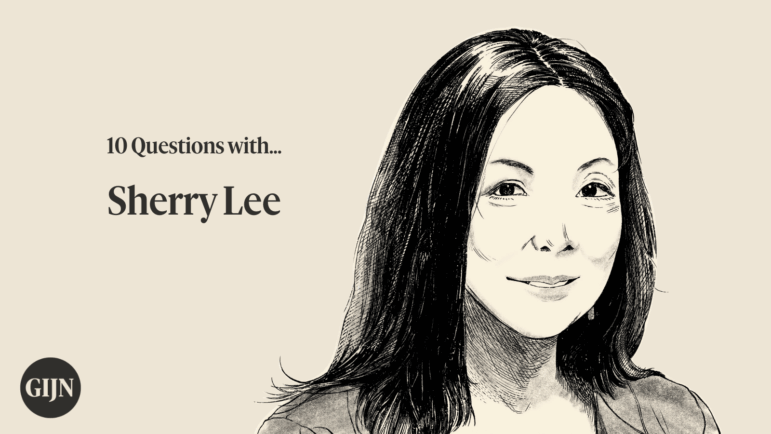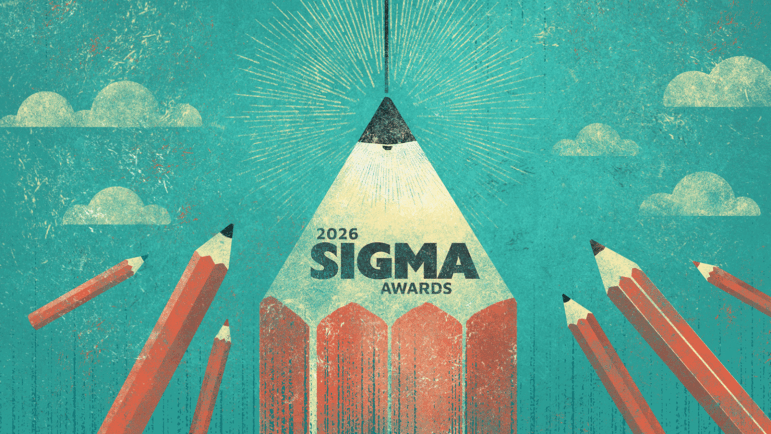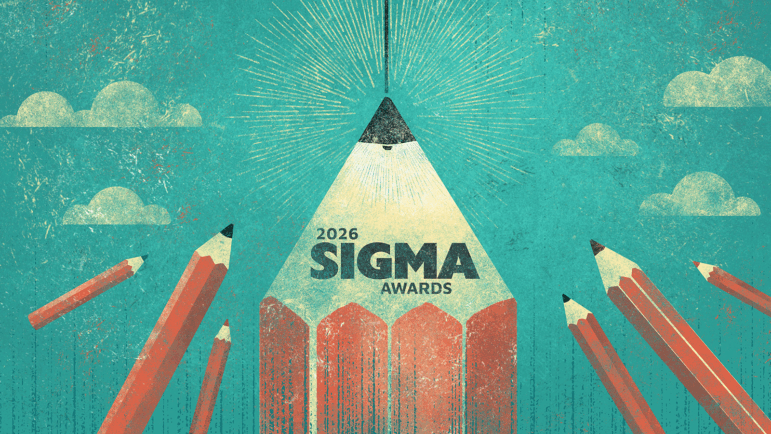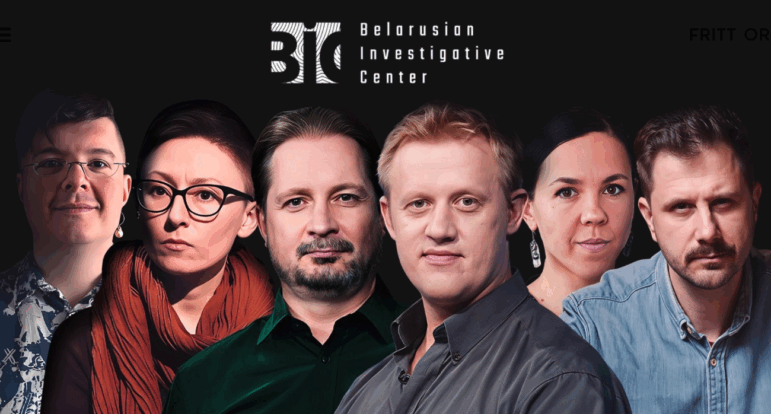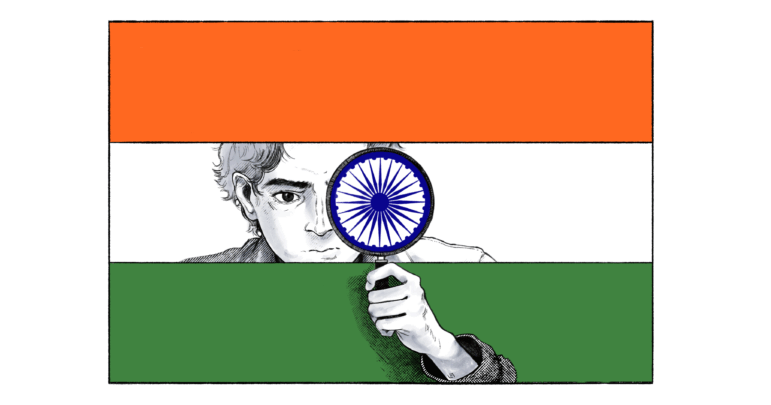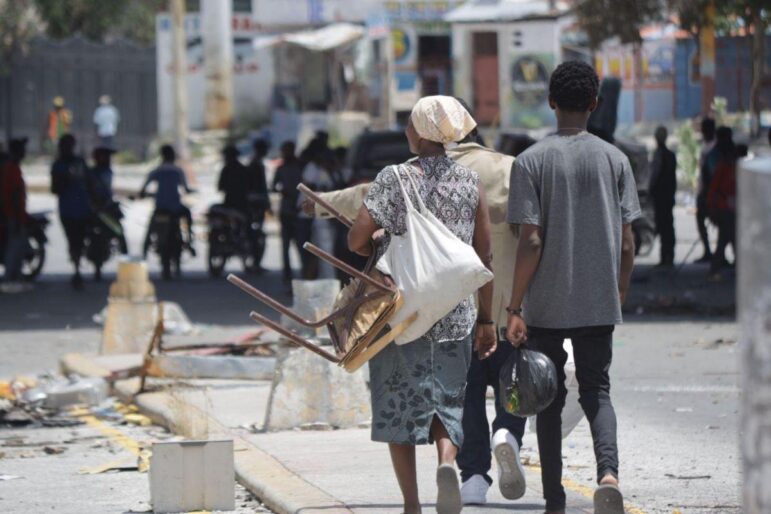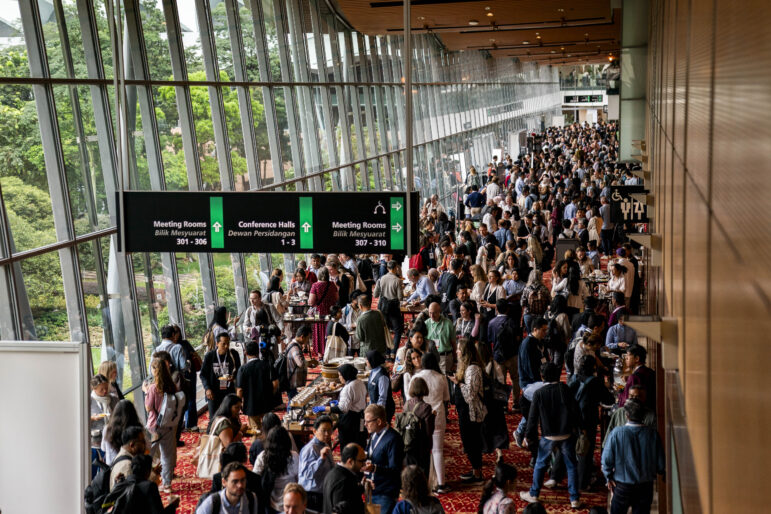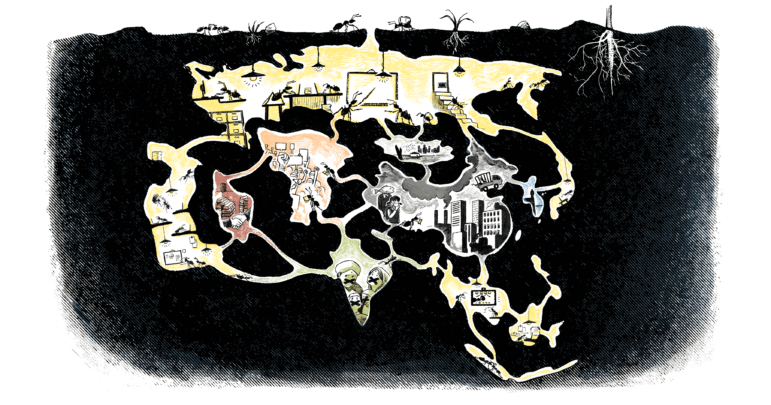International Fact-Checking Network Awards US$750,000 in Grants to 25 Organizations
Source: Poynter
The Poynter Institute’s International Fact-Checking Network (IFCN) has awarded US$750,000 in grants to 25 fact-checking organizations, including those working under pressure in Russia and Belarus, verification newsrooms in Venezuela, and those building capacity for verification in Nigeria, Kosovo, and Iraq. The awards — at US$30,000 each — arrive at a moment when fact-checkers worldwide are facing numerous challenges, such as platform partnerships being reduced and major funders pulling back. “These grants are designed to keep fact-checkers publishing while they continue working toward more sustainable business models,” said Angie Drobnic Holan, IFCN director.
Uganda Elections: Journalists Assaulted, Internet Shut Down
Source: CPJ
Ugandan authorities suspended internet access amid tensions two days ahead of its elections on Thursday, January 15, when 81-year-old President Yoweri Museveni is expected to extend his nearly four decades of rule. Journalists in Uganda suffer high rates of violence that spike during election seasons, and accountability is rare, according to the Committee to Protect Journalists (CPJ), which has recorded five incidents of serious assault on journalists since November 2025. Authorities have also barred journalists from certain outlets from covering the president’s events since March, and have denied them access to parliament since October.
Applications Open for 2026 RSF Germany Fellowship Program
Source: RSF
Reporters Without Borders (RSF) Germany invites journalists from countries with restricted press freedom to apply for its annual Berlin-based fellowships. The deadline for applications is January 15, 2026. The program runs from June until November and includes comprehensive, hands-on training in digital security and risk assessment, workshops on safety and resilience building for journalists covering sensitive issues, networking with German media professionals and newsrooms, and more. RSF Fellowships are open to journalists with at least three years of professional experience, including those working as full-time staff, freelance, or citizen journalists in any type of medium.
Hong Kong Court Convicts Media Publisher Jimmy Lai
Source: RSF
In what press freedom and human rights organizations have described as a "sham trial," a Hong Kong court has found British media publisher and press freedom advocate Jimmy Lai guilty of “collusion with foreign forces” and “seditious publication” under its harsh National Security Law. Lai, 78, founded the newspaper Apple Daily and has been arbitrarily detained since 2020. His sentence will be announced at a later date; six of his Apple Daily colleagues were also convicted and are awaiting sentencing. Reporters Without Borders has called on democratic leaders to lobby for Lai’s release.
One World Media Awards Open for Entry on January 12
Source: One World Media Awards
Submissions for the One World Media Awards, which honor the best media coverage from and about the Global South, will open on January 12, 2026. The judges will look for “stories that break through stereotypes, change the narrative and connect people across cultures,” that highlight underreported stories or issues, or explore new angles on familiar topics. Entries can be print, audio, film, or online. There are 12 categories, including Environmental Reporting, Refugee Reporting, the Press Freedom Award, the Student Award, and the Women’s Solutions Reporting Award. The submission window closes on February 9, 2026.
Apply for Pulitzer Center Conflict Reporting Grants
Source: Pulitzer Center
On a rolling basis, the Pulitzer Center encourages journalists or newsrooms seeking funds for projects covering conflict, or to meet the increased costs of reporting safely from conflict zones, to submit a proposal for the Center’s conflict reporting grant. Proposals should include a 250-word summary of the project, a preliminary budget estimate, a distribution plan, and a letter from the editor of the proposed outlet that states the publication takes full responsibility for your safety — particularly important for freelancers. For more information, applicants can review the grant application guidelines or contact reacheditorial@pulitzercenter.org.
New South Asia Journalism Network Announced at GIJC25
Source: Nepal Investigative Multimedia Journalism Network
At the 14th Global Investigative Journalism Conference (GIJC25) in Kuala Lumpur, five media organizations from the South Asia region — home to 2 billion people — announced they were uniting to counter rising threats to investigative journalism. The South Asia Journalism Collective (SAJC) aims to foster collaboration among journalists and newsrooms in South Asia and support cross-border reporting. The founding members are: Center for Investigative Reporting (Sri Lanka), Digitally Right (Bangladesh), Media Unlimited (Pakistan), Nepal Investigative Multimedia Journalism Network (NIMJN) (Nepal), and The Reporters' Collective (India).
Applications Open: JSK Fellowship at Stanford
Source: JSK
Reporters interested in spending a year away from the newsroom mulling over the challenges and opportunities of journalism in the future are invited to apply for the John S. Knight Fellowship at Stanford. The fellowships are designed as an opportunity to step back from demands of daily work to reimagine "the future of journalism." Selected journalists work on leadership in a rapidly changing field, and use their time to "explore ideas, experiment with new approaches, and develop practices that strengthen journalism's essential role in building informed, democratic communities." Applicants need at least five years of professional work experience. Deadline: December 3
Alfred Friendly Press Fellowship Application 2026
Source: Alfred Friendly Press Partners
Alfred Friendly Press Partners, a nonprofit that trains journalists in exile based in the US and has worked with over 400 journalists from 90 countries since 1984, is accepting applications for its 2026 program. The fellowship is a four-week, in-person program that builds skills in the security, legal, and journalism and entrepreneurship fields. The topic of the psychosocial aspects of exile is embedded throughout the program. Essential expenses such as housing, food, transportation will be covered and a living stipend of US$2,000 per fellow is included. English proficiency is required.
AIJC2025 Conference Program Released
Source: AIJC
The program for the 2025 African Investigative Journalism Conference (#AIJC25), the largest gathering of working investigative journalists on the continent, has been released. Hosted by Wits University in Johannesburg, the AIJC is in its 21st year and will be held from 5 - 7 November. The opening keynote speaker will be Fatou Bensouda, former chief prosecutor of the International Criminal Court. “As always, the conference will offer a wide range of training on everything from data wrangling, follow the money exercises, health, whistleblowers, journalists’ safety, innovation, migration, and many more critical topics,” said convener Beauregard Tromp.
